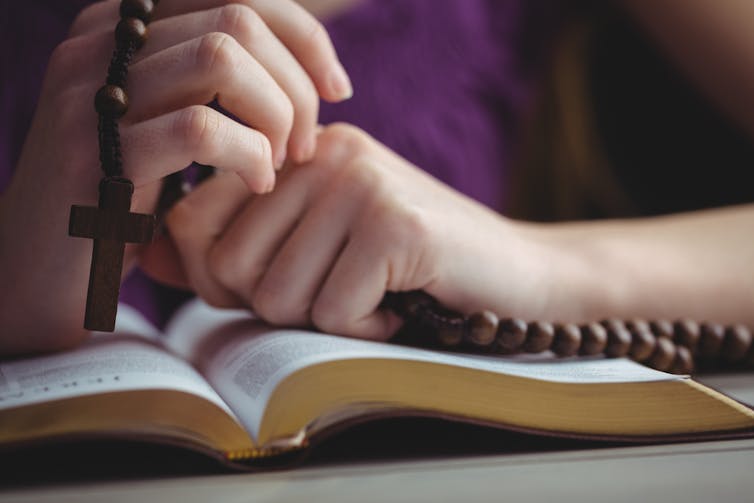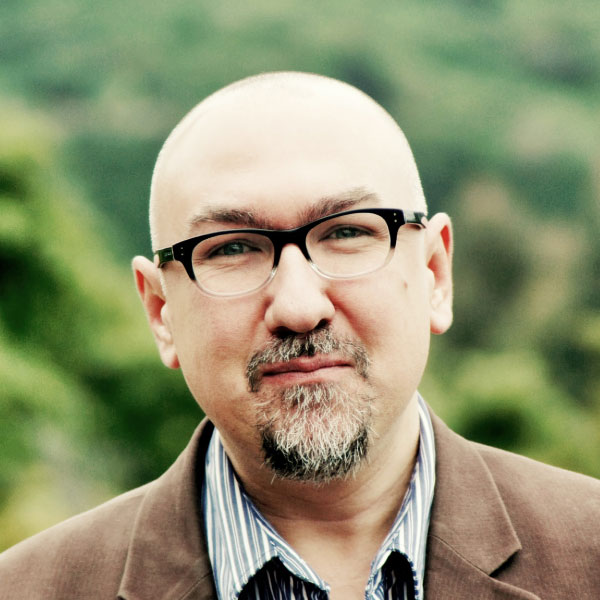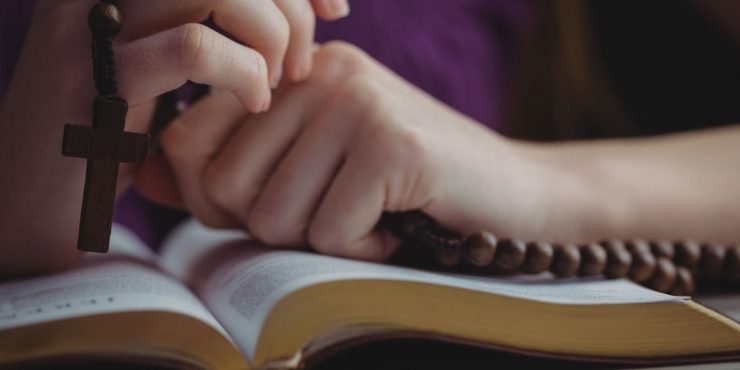
shutterstock
Robyn J. Whitaker and Jason Goroncy, University of Divinity
Father, into your hands I commend my spirit.
According to at least one early and authoritative account, these were Jesus’s dying words. They are words that invite a question: what does it mean to commend a human life – indeed, one’s own life – to God?
As the Victorian parliament prepares to debate legalising voluntary assisted dying, Christians, like many others in the community, are having to wrestle with their own responses to this issue. While some parts of the church have clearly and consistently voiced opposition, there are some exceptions.
Christians can, in good faith and for good theological reasons, land on either side of this debate. And while the Christian community has no right to monopolise the conversation, its long tradition of compassionate care for both the dying and the dead means it brings some wisdom and experience to this issue.
Further reading: Victoria may soon have assisted dying laws for terminally ill patients
Why the opposition?
Religious opposition to assisted dying laws most often appeals to the sanctity of human life. This is the radical and sometimes counter-cultural affirmation that all human life, regardless of circumstance, is precious to and has dignity before God.
Such a conviction challenges the notion of privileged status for the rich or strong, and demands equity for the poor, disabled, sick, vulnerable and imprisoned. The law of the land both reflects and forms the ethos of a society. So, any change in legislation will inevitably and in subtle ways influence our attitude, for example, to the aged, the weak, and the fragile.
Many Christian traditions also believe God has given the state a vocation to protect the lives of all its citizens, and especially those of the most vulnerable among us.
And while few – if any – would express confidence that a state’s laws, however carefully constructed and policed, can handle the complexity of such a matter as voluntary assisted dying, that Australia does not (yet) have a bill of rights makes religious support for state-sponsored voluntary assisted dying even more precarious.
If this bill were to pass through Victoria’s parliament, even with all of the highest possible protections for vulnerable people against abuse or coercion, it still risks both communicating and promoting the mood that the sick and dying are an inconvenient burden on our community.
For such reasons, many people of faith, and of none, prefer the present messiness, even if it leaves those whose pain is unmanageable or who’d prefer to die at home under-served.
Life is not its own end
While affirming that human life is always sacred, the Christian tradition does not, however, make life its own end. To do so would be to make of life an idol.
Christians, therefore, have rarely argued that life ought to be preserved always and at any cost. For more than 2,000 years Christians have occasionally chosen to give up their lives for some other end. Martyrdom is one such example. Its power lies precisely in the dichotomy that life is precious but is being voluntarily given up for another purpose.
Dietrich Bonhoeffer, a German pastor and theologian who opposed the Nazis’ death-championing policies, argued that one might legitimately choose to give up one’s life as an act of love for the other, and that choosing to do so might be an expression of our God-given freedom and responsibility.
Here we encounter the notion of responsibility and freedom in Christian thought. These notions apply as much to human dying as to living.
Making careful and faithful choices about dying is not necessarily “playing God” in a negative sense, but may be an expression of one’s risking to take seriously the freedom and responsibility given to human persons by God.
The decision to turn off a life-support machine, for example, or to refuse treatment, or to increase pain medication knowing it may hasten death, or to otherwise end one’s life, or to refuse medical intervention entirely and endure pain until the end time comes and pain is no more, may in each case represent a person’s faithful freedom and responsibility before God.
The first and final word of the Christian community, however, is not about the human’s faithful freedom and responsibility. Rather, it is about God, and about the way God, in Jesus Christ, has freely and lovingly undertaken ultimate responsibility for every human life.
Christian belief is that the grave – and indeed the ambiguity of life often met near the grave’s entrance – is not unfamiliar territory to God either. In life and in death, we belong to God.
Robyn J. Whitaker, Bromby Lecturer in Biblical Studies, Trinity College; Lecturer, University of Divinity and Jason Goroncy, Senior Lecturer in Systematic Theology, Whitley College, University of Divinity
This article was originally published on The Conversation. Read the original article.

Jason Goroncy (PhD, St Andrews) is Associate Professor of Systematic Theology at Whitley College, the University of Divinity. His current research broadly engages questions in public theology, theology and the arts, death, and trauma.







Add comment